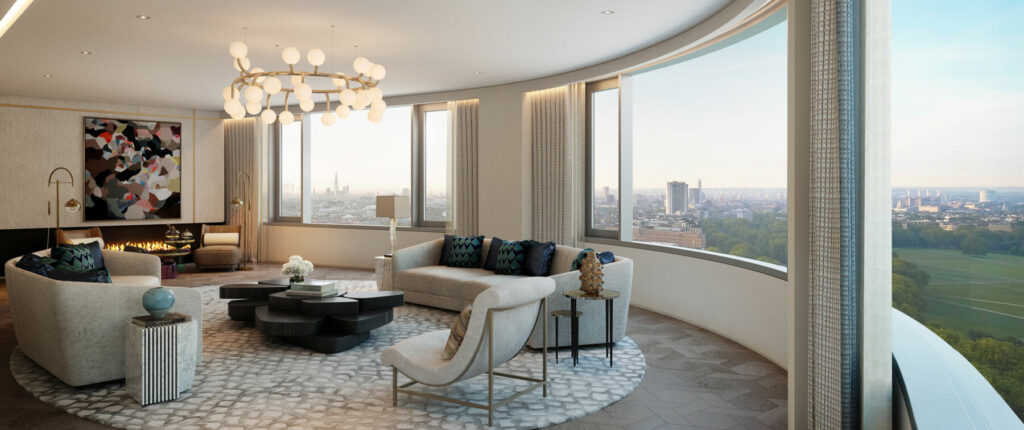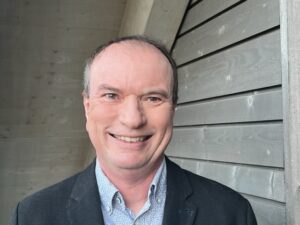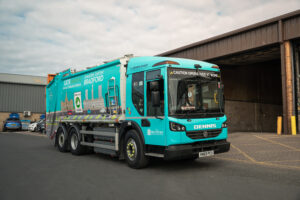Since Boris first announced his ‘Stay at Home’ campaign over six months ago, most of us have been guilty of becoming interior designers and redecorating our homes. However, we overlooked a critical consideration: indoor air pollution. WCRAQ reports.
Air pollutants are an issue that requires immediate action. Air pollution levels across the UK often reach illegal levels according to the EU’s Air Quality Standards. Every year, 100,000 deaths in Europe can be attributed to indoor air pollution.
A 2019 study by Global Action Plan found levels of ultra-fine particles caused by cooking, smoking and vehicle exhaust fumes were 3.5 times higher inside than outside. As a result, 204,000 life hours are lost each year due to cardiovascular disease, lung cancer and asthma.
These alarming figures show us that interior design might be a solution to these problems. In February 2020, Ikea released a range of curtains that break down odours and common indoor pollutants such as formaldehyde, having been treated with a mineral-based coating. It claims to ‘use energy from natural light to transform polluted air to clean air’.
In light of the pandemic, property developers and hotel owners have looked for air-filtration technologies to protect the health of residents. The Bryanston, a luxury development planned to open next year adjacent to Hyde Park in London, has an air-filtration system that removes particulates, carbon monoxide and pollen. Apartments are fitted with dedicated air-handling units that also regulate temperature and humidity.
The Bryanston is also the first property to sign up for the AirRated certification, a new industry benchmark for indoor air quality that measures levels of particulates, carbon dioxide and volatile organic compounds (VOCs).

OKTOair is an AI-led filtration system that claims to remove Sars-Cov-2, the virus that causes Covid-19 within 45 minutes. It is based on the US military technology initially designed to counter chemical attacks.
‘Never before has the public need been more focused on feeling safe and protected in the home or work environment,’ Philip Dowds, MD OKTO Technologies commented. ‘We fast-tracked the launch of this system as a result of Covid–19 because we feel it will have a positive impact as hotels and businesses reopen their doors.’
‘Adequate ventilation systems are critical to reducing exposure to airborne contaminants,’ emphasised Sanjay Rajagopalan, Director of the Cardiovascular Research Institute at Case Western Reserve University, Ohio
‘People should pay attention to the ventilation systems,’ he said. ‘I look at this whenever I visit restaurants: am I sitting next to a window? Is there good airflow? When I don’t see those things, I don’t go to those places.’
The need for ventilation systems also applied to shops, hotels, and particularly care homes, where over-70s account for almost 90% of Covid-19 deaths in England.
Yet, we must consider whether the environmental costs of air-filtration systems cancel out the good they are trying to achieve. Air conditioning already accounts for a fifth of electricity use in buildings, and 10% of global consumption.
‘The units have a relatively low energy consumption,’ Dowds defended OKTOair, comparing its electrical energy to a kettle.
However, the sustainable alternative is opening a window. As the World Health Organisation and the Environmental Protection Agency cite, natural ventilation is a first step towards preventing the indoor spread of contaminants in the context of the coronavirus pandemic.
To find out more about how you can tackle indoor pollution, visit our Planning Working Party page.




